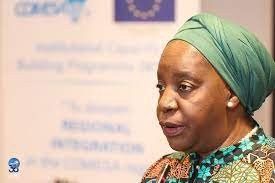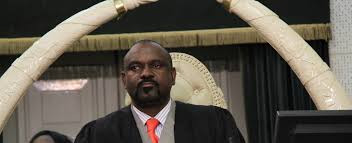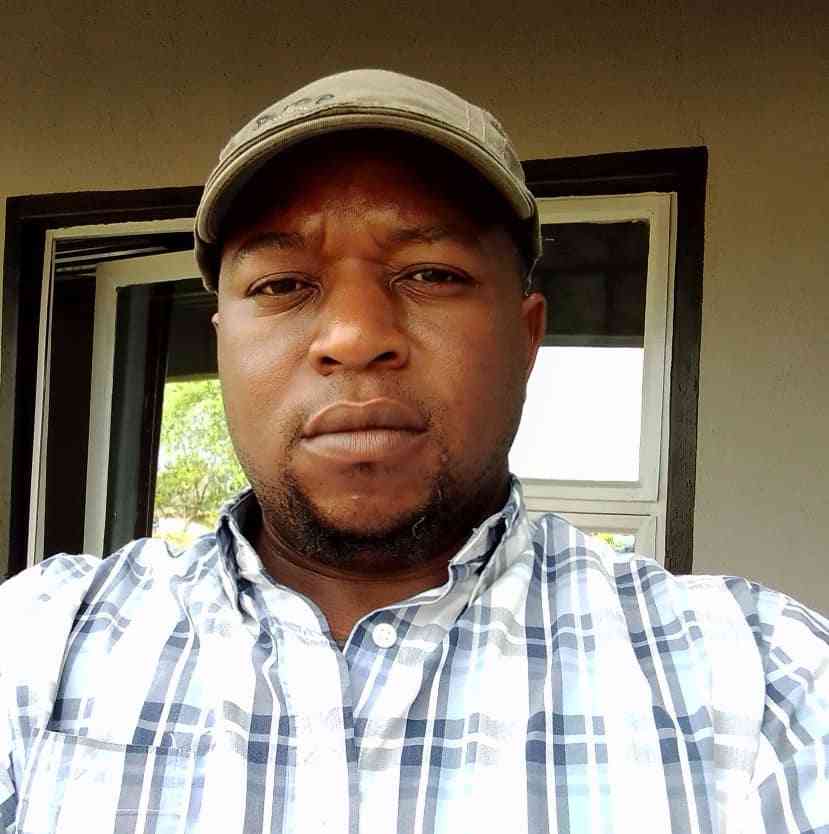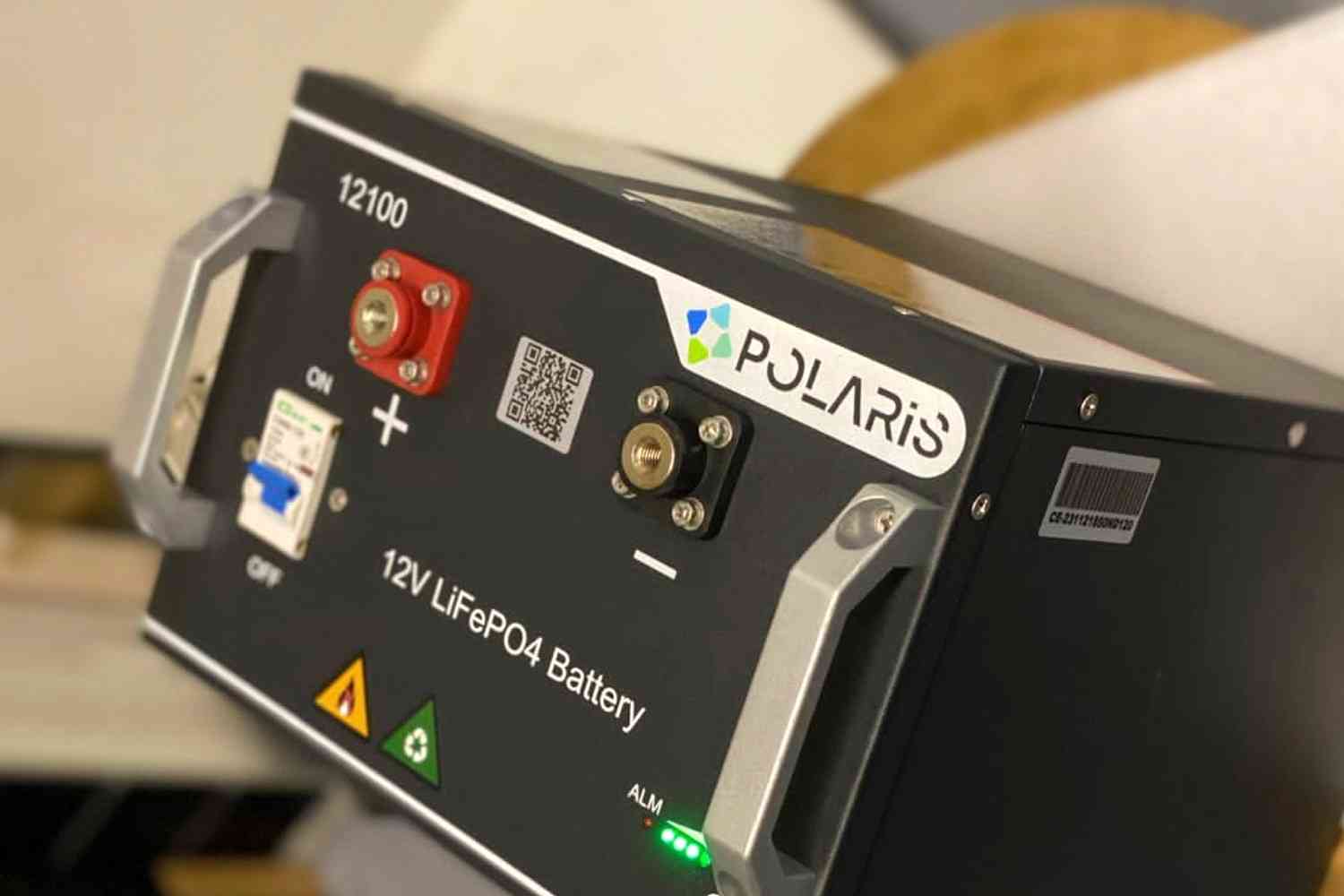Several parts of Nkayi North constituency are experiencing serious water shortages and the the drilling of boreholes is difficult because of a low water table.
Zanu PF Nkayi North legislator, Sithembiso Nyoni, said they have made several attempts to sink boreholes but without success.
Makwateni is one area with coalbed gas deposits, which also makes drilling of boreholes difficult.
"We wish that ward 4 as a whole or the whole of Nkayi should have water,” Nyoni said during a Nkayi Community Parliament (NCP) virtual debate last Wednesday.
“At Gwelutshena, we have attempted to drill boreholes, we tried Mkhutsha, we tried at Maphala and many other villages but without joy.
"The problem is that our soils are complexly difficult for the drilling of boreholes.
Keep Reading
- Nkayi villagers decry marginalisation
- Nkayi villagers decry marginalisation
- SMEs tax regime under review
- Minister Nyoni grilled for ‘sponsoring’ political violence
“As I speak, the rig is there in ward 4 trying to drill a borehole, and I think it has spent three or four days.
“The soils deep down have clay and the machines have difficulties in further drilling."
Nyoni, who is also the Women Affairs, Community, Small and Medium Enterprises Development minister, said many attempts have been made to ensure ease of access to water.
The available dams are also experiencing siltation further compounding the situation.
“We also have a dam that we constructed in 2017, but it has silted,” she said.
"We will continue to look for sustainable water harvesting methods because our water table is very low up to 115 metres down and our soil is also complicated but efforts are being made and I am sure we will succeed."
Ward 12 councillor, Elvis Nkomo, said villagers face serious water challenges in the area after Makwateni dam was destroyed by heavy rains.
Makwateni dam is located at Gamulani area in Makwateni.
Nkayi district experiences erratic rainfall and hit by frequent droughts and intra-seasonal dry spells
A report by the ministry of Lands, Agriculture, Fisheries, Water, Climate, and Rural Resettlement in 2021 revealed that Matabeleland North and Matabeleland South have the least number of boreholes compared to other parts of the country.





